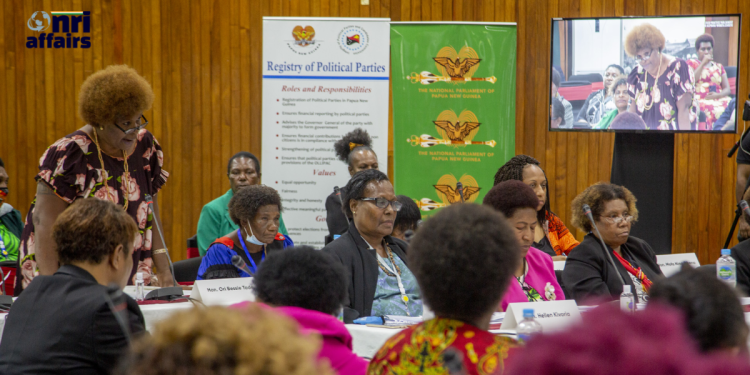In Papua New Guinea, national general elections are a crucial process for democracy and governance. However, women candidates face numerous challenges that limit their participation and success. This article delves into these obstacles and offers insights into potential solutions to enhance female representation in politics.
Historical Context and Current Landscape
Papua New Guinea has a complex political history, with cultural and societal norms deeply influencing the participation of women in politics. Historically, women have been underrepresented in the political arena, with only a handful managing to secure positions in parliament. The current landscape reflects these enduring challenges, necessitating a closer examination of the factors at play.
Socio-Cultural Barriers
Traditional Gender Roles
Cultural norms and traditional gender roles in Papua New Guinea often dictate that women should focus on household responsibilities rather than public life. These entrenched beliefs discourage women from pursuing political careers and can lead to societal backlash against those who do.
Perception of Leadership
The perception of leadership as a male-dominated domain further hinders women’s political ambitions. Women who aspire to leadership positions may be seen as challenging traditional norms, resulting in limited support from their communities.
Structural and Institutional Challenges
Lack of Financial Resources
Campaigning for political office requires significant financial investment, which many women lack. The absence of adequate financial resources puts female candidates at a disadvantage compared to their male counterparts, who often have better access to funding.
Political Party Support
Political parties play a crucial role in the electoral process. However, in Papua New Guinea, women often struggle to gain the endorsement and support of major political parties. This lack of backing from influential parties severely restricts their ability to run effective campaigns.
Violence and Intimidation
Physical and Psychological Intimidation
Female candidates frequently face violence and intimidation, both physical and psychological, which deters them from participating in elections. Threats, harassment, and even physical assaults are common, creating a hostile environment for women in politics.
Legal Protection
The lack of robust legal protection and enforcement mechanisms exacerbates the issue of violence against female candidates. Without adequate legal recourse, women are left vulnerable to continued threats and attacks.
Strategies for Improvement
Educational and Awareness Campaigns
Increasing awareness about the importance of female political participation is vital. Educational campaigns can help shift societal attitudes and encourage more women to consider political careers.
Financial and Logistical Support
Providing financial assistance and logistical support to female candidates can help level the playing field. Establishing funds or grants specifically for women in politics can address the financial barriers they face.
Strengthening Legal Frameworks
Enhancing legal protections for women candidates and ensuring the enforcement of these laws can create a safer environment for female political participation. Stronger penalties for violence and intimidation can deter such behavior.
Political Party Reforms
Encouraging political parties to adopt gender-inclusive policies and actively support female candidates can increase women’s representation. Quotas or reserved seats for women within parties can be an effective measure.
The challenges faced by women candidates in Papua New Guinea’s national general elections are multifaceted, involving socio-cultural, structural, and institutional barriers. Addressing these issues requires a concerted effort from all sectors of society, including government, political parties, civil society, and the international community. By implementing comprehensive strategies and reforms, Papua New Guinea can pave the way for a more inclusive and representative political landscape.











